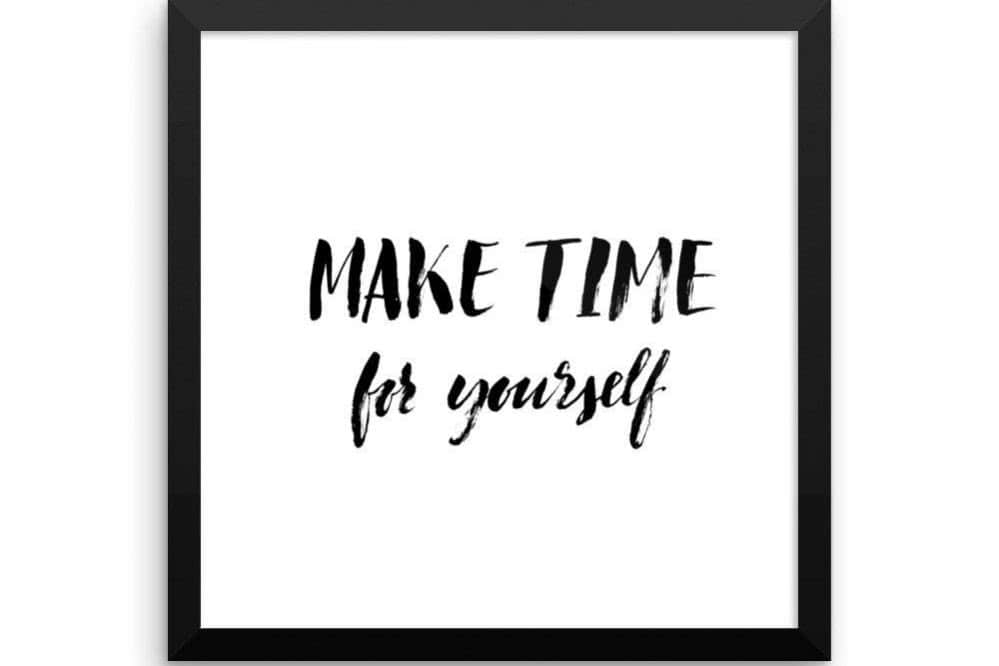Stress is the mind’s way of warning us about an existing danger or potential future harm. It stimulates us to take remedial or precautionary action. It is not as severe as anxiety, but it can lead to anxiety if we do not have the skills to keep it under control.
How to improve your stress tolerance
Build a safety net – A network of caring family and trusted friends is important. A sympathetic ear is a known relaxant for emotional problems. Stress drives us into isolation – resist the temptation and build a social safety net that you can rely on. It is not the numbers that count, but the quality.
Take control – Even if you have no control over an issue that causes stress, you can still control what you do next. It may be just a chat about how you feel, rather than dissecting the issue, or you can be even firmer and arrange for treatment. Just taking back control will improve your defences.
Force a new angle – Focusing on dark outcomes does not solve problems. Force intrusive thoughts from your mind by focusing on something else. Take a deep breath. Then open your mind to advice, instead of rejecting it with a biased, preconceived attitude. Broadening your horizon will open the way for more solutions.
Practice mindfulness – when practising mindfulness our thoughts are held non-judgmentally and without criticism toward ourselves or others. Mindfulness aims to not to manage, control or even downplay our thoughts, we merely want to start paying real attention to our human experiences without being triggered, judgmental or even labelling or creating stories about them.
Go To Yoga – Yoga will enable you to actively work on strengthening more of the systemic support structures between, your mind, body and spirit. Yoga does this by creating an awareness of your physical self and spiritual connections within yourself and the outside world, through physical actions.
Meditate – Dedicating your precious time to building meditation routines that actually may seem trivial, however, if you consider that this time investment can transform so many aspects of your life, then it is certainly worth a relook, even if it did not work in the past. I suggest you follow this article to its conclusion.
Distance yourself – Take a deep breath or go for a walk. Detach yourself from the issue. Then look at it as if you are giving someone else advice. Talk loudly to an imagined friend in need. You will have more clarity when there is an emotional distance between yourself and the issue.
Get hands-on – If you are uncertain, your mind will fabricate its own worst version. Take the bull by the horns and get physical – talk to real people and ask real questions. This is much more effective than using digital media or phoning. The more first-hand information you have about the issue, the better you can prepare and the stronger you will be.
Meditation can be tough and hard for many people to get into. This is why we designed a simple meditation routine that can fit into your daily life here. If you would like to learn more about how to establish healthy recovery routines check this out.
About the Executive Treatment Programme Centre
Recovery Direct is one of South Africa’s foremosttreatment centres for chronic stress and executive burnout treatment. Stress is a normal part of day to day life in South Africa however there are times when our brains are unable to let go and decompress from the ongoing onslaught of highly stressful situations. This is why we have developed one of the first evidence-led, stress reduction programmes in the world based on the principals of complex trauma resolution. This stress reduction programme works on powerful psychological recovery principals and is used by some of South Africa’s top business executives to rapidly get back in the game. Chat to one of our registered recovery coaches today and beat the fatigue of chronic stress.







